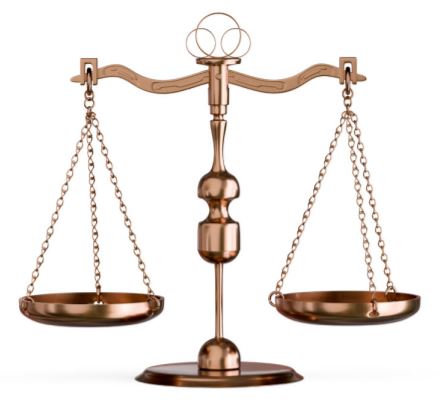A conservatorship is created by the appointment of a conservator, also
sometimes called a guardian. A conservator is a person or entity
appointed by a court to manage the property, daily affairs, and financial
affairs of another person, usually someone who is incompetent by reason
of a physical or mental infirmity or age. For example, an adult daughter
may be appointed as the conservator for her father who is suffering from
advanced Alzheimer’s disease. An open hearing is held before the appointment
is made. The conservator is required to make regular accountings which
must be approved by the court. The conservator may be removed by order
of the court if no longer needed, upon the petition of the conservatee
or relatives, or for failure to perform his/her duties.
Once a court has jurisdiction over a conservatorship that jurisdiction continues until it is terminated by the court. If the ward moves to another state, the conservatorship is not automatically terminated. However, it is often recommended when a ward moves to another state that a guardianship or conservatorship be established in the other state to ensure that the guardian’s or conservator’s authority will be recognized by the other state. Also, it is difficult for a court to supervise such a guardianship or conservatorship when the fiduciary lives outside the state.

